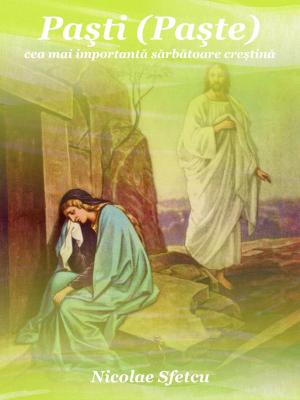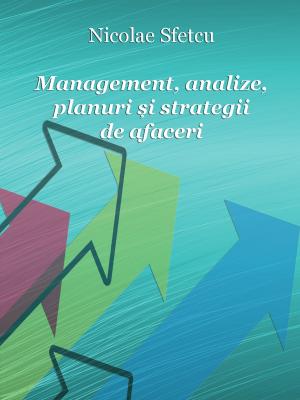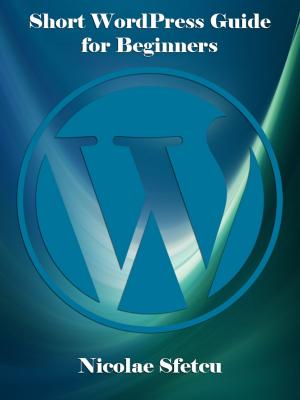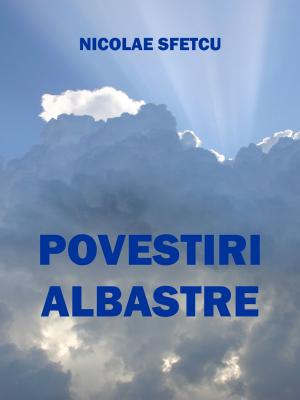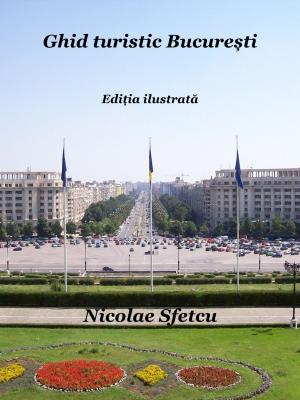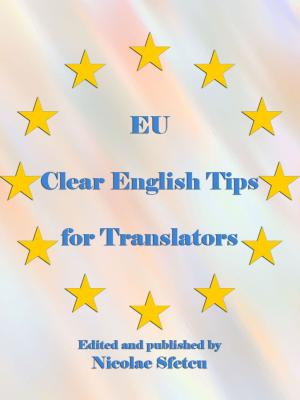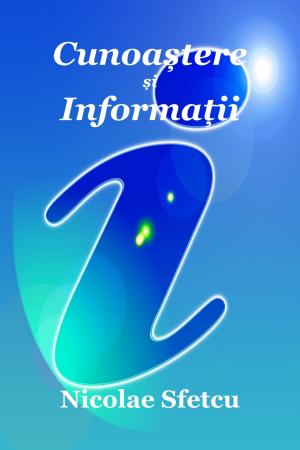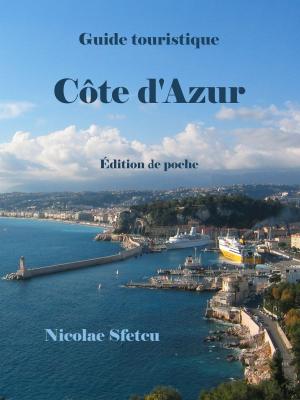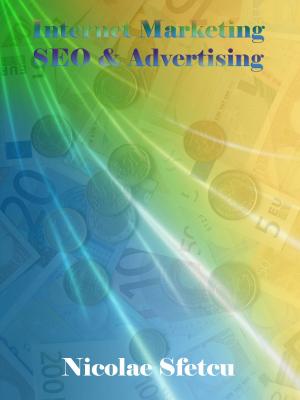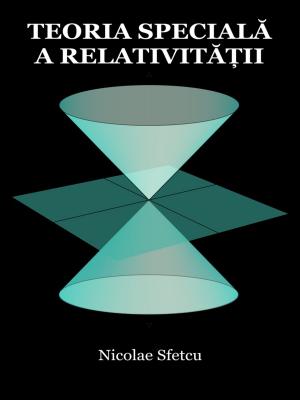How to Translate: English Translation Guide in European Union
Nonfiction, Reference & Language, Education & Teaching, Educational Theory, Bilingual Education, Teaching, Foreign Languages| Author: | Nicolae Sfetcu | ISBN: | 9781310937736 |
| Publisher: | Nicolae Sfetcu | Publication: | April 20, 2015 |
| Imprint: | Smashwords Edition | Language: | English |
| Author: | Nicolae Sfetcu |
| ISBN: | 9781310937736 |
| Publisher: | Nicolae Sfetcu |
| Publication: | April 20, 2015 |
| Imprint: | Smashwords Edition |
| Language: | English |
A guide for translators, about the translation theory, the translation process, interpreting, subtitling, internationalization and localization and computer-assisted translation. A special section is dedicated to the translator's education and associations.
The guide include, as annexes, several independent adaptations of the corresponding European Commission works, freely available via the EU Bookshop as PDF and via SetThings.com as EPUB, MOBI (Kindle) and PDF.
For a “smart”, sensible translation , you should forget not the knowledge acquired at school or university, but the corrective standards. Some people want a translation with the touch of the source version, while another people feel that in a successful version we should not be able to guess the original language. We have to realize that both people have right and wrong, and that their only fault is to present requirement as an absolute truth.
Teachers agree at least on this principle: “If a sentence is ambiguous, the translation must also be“.
There is another critical, less easy to argue, based on an Italian phrase with particularly strong wording: “Traduttore, traditore“. This critique argues that any translation will betray the author‘s language, spirit, style … because of the choices on all sides. What to sacrifice, clarity or brevity, if the formula in the text is brief and effective, but impossible to translate into so few words with the exact meaning? One could understand this criticism that it encourages us to read “in the text.” It seems obvious that it is impossible to follow this advice into practice.
A guide for translators, about the translation theory, the translation process, interpreting, subtitling, internationalization and localization and computer-assisted translation. A special section is dedicated to the translator's education and associations.
The guide include, as annexes, several independent adaptations of the corresponding European Commission works, freely available via the EU Bookshop as PDF and via SetThings.com as EPUB, MOBI (Kindle) and PDF.
For a “smart”, sensible translation , you should forget not the knowledge acquired at school or university, but the corrective standards. Some people want a translation with the touch of the source version, while another people feel that in a successful version we should not be able to guess the original language. We have to realize that both people have right and wrong, and that their only fault is to present requirement as an absolute truth.
Teachers agree at least on this principle: “If a sentence is ambiguous, the translation must also be“.
There is another critical, less easy to argue, based on an Italian phrase with particularly strong wording: “Traduttore, traditore“. This critique argues that any translation will betray the author‘s language, spirit, style … because of the choices on all sides. What to sacrifice, clarity or brevity, if the formula in the text is brief and effective, but impossible to translate into so few words with the exact meaning? One could understand this criticism that it encourages us to read “in the text.” It seems obvious that it is impossible to follow this advice into practice.



